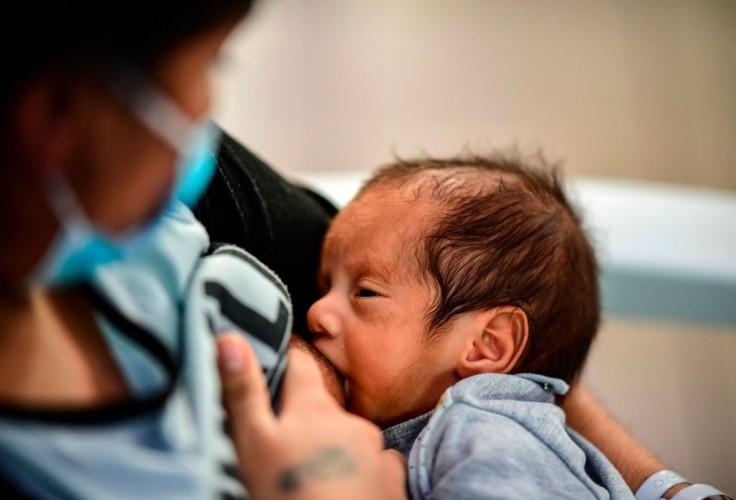
The breastmilk of nursing moms infected with COVID-19 contains COVID genetic material. However, a study found that infected mothers won't transmit it through breastfeeding. According to research published on Tuesday in Pediatric Research Journal, SARS-CoV-2, the virus responsible for COVID, was not infectious even when discovered in breastmilk.
About half of the total reported COVID-19 cases in young children are infants. Although most newborns and infants survive and do well in battling COVID-19, there are also cases of severe infection, disease, and even deaths in the young generational bracket.
Numerous studies have supported the recommendation that nursing mothers should continue breastfeeding. This comes after the call of various health organizations such as the World Health Organization and the Centers for Disease Control and Prevention that advised moms to continue breastfeeding their children even after their COVID-19 infection and vaccination.
COVID-19 virus in breast milk
In light of the recently published research, samples from 110 women were examined by scientists from the University of California. Among recently infected mothers, a small number had SARS-CoV-2 genetic material in their breastmilk. Around 6 percent of women who tested positive in the diagnostic test or who were symptomatic had the virus's genetic material in their breastmilk. On the other hand, among women who had tested positive for SARS-CoV-2, the virus's viral RNA was detected in 9 percent of them.
Fortunately, there is no evidence that the breastmilk of recently-infected nursing moms had infectious viruses that might indicate potential viral replication, according to the research published in the Pediatric Research Journal. In the cultures done by the researchers, infectious virus was not detected as well as sgRNA. SARS-CoV-2 genetic material is only seldomly detected in the breastmilk samples of moms who experienced COVID. However, in cases where it was detected, the SARS-CoV-2 RNA is highly unlikely to result in COVID infection in infants and small children as the viral RNA was only transiently present in the samples. Researchers also could not replicate and culture SARS-CoV-2 from any of the samples.
Mothers should continue breastfeeding even when infected with COVID-19
Since the benefits of breastfeeding are undeniable, according to the WHO and other health organizations, mothers are continually encouraged to breastfeed even when infected with COVID-19 or even after getting their COVID vaccination shots. At present, the vaccination rates among pregnant and nursing mothers are quite low. According to an investigation by the Washington Post, this is due to intensive misinformation and propaganda directed against getting jabs.
Anti-vax individuals and organizations baselessly suggest that getting jabs would endanger the mother or child, resulting in a negative perception of the safety of COVID-19 vaccinations. Research shows that COVID-19 vax does not pose threats to pregnant women. According to the New York Times, hesitancy in getting vaccinated is more common among expectant parents. Although there may have been instances cited by the CDC, such as smallpox vaccines where mothers may potentially transmit the infection to their breastfed-child, there is no evidence that COVID-19 vaccines do the same.
This study is considered one of the biggest researches meant to answer speculations and questions related to the transmission of COVID to breastfed children. Hopefully, nursing mothers are assured that they will not transmit their COVID infection to their young children. However, they should still continually take precautions such as frequent handwashing and wearing face masks when breastfeeding to ensure less possibility of contracting the disease.
